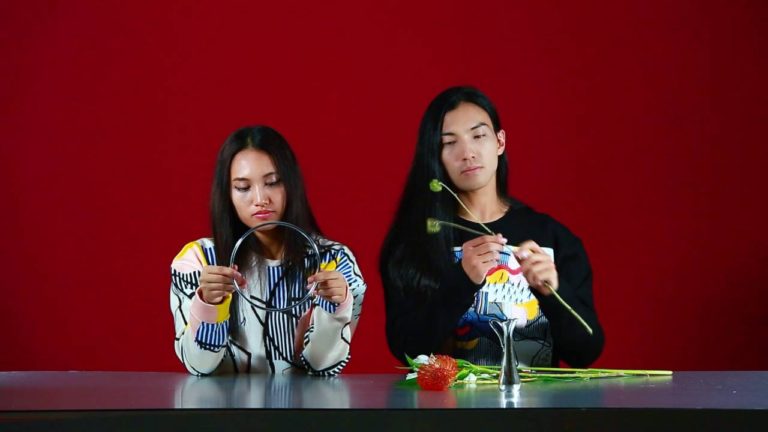New Seiho: “Purple Smoke”
In recent times, Seiho has been exploring space. Last year’s Collapse and March’s “Unreal” single allowed for stretches with plenty of room to stretch out, often for experimentation. On “Purple Smoke,” he shifts the other way, with exhilarating results. The single — rounded out by two other songs — opens with wisps of noise, but…

